Hey,
We—I mean The Fair Jessica and I, not the royal We—recently finished the latest season of The Bear.
This isn’t a review and I’m not going to get deep into the plot, air my concerns about the season finale, traffic in spoilers, or complain that it’s not really a “comedy” as it bills itself. But I will say I love The Bear (and so does my wife, even though she has very strong views about actual bears. It’s sort of like if they made a TV show called The Flan that I loved, and I’d have to tell people, “I think The Flan is great. Not the dessert, the TV show”).
If you haven’t seen The Bear, it tells the story of Carmy Berzatto, a wunderkind chef who comes home to Chicago to take over his brother’s restaurant after his brother commits suicide (I don’t think this is much of a spoiler since that’s all laid out in the first episode).
I love The Bear for a bunch of reasons. One is that I find it unpredictable. I don’t have many skills, but one skill I do have is predicting what will happen next or at the end of a TV show or movie very early. I don’t have a perfect record or anything, but I am comfortable saying that I am very good at it (and it annoys my wife greatly). But I can’t reliably do it with The Bear, and that makes it so much more compelling for me. But it’s the reason I can’t do it that is the real attraction. The show defies a lot of conventions in TV but also in our popular culture generally. And I’ve been thinking about that a lot.
As a non-paying reader, you are receiving a truncated version of The G-File. You can read Jonah’s full newsletter by becoming a member here.
Let me zoom out. One of the most common themes in popular culture is the idea of the Chosen One. Sometimes this is explicit. For obvious reasons the TV show about Jesus, The Chosen, is a very on-the-nose example. Indeed, I think Western civilization—maybe all civilizations—like this motif because of the messianic tradition at the heart of Jewish and Christian theology. But I think the idea of the Chosen One might be something close to a human universal. I’m no expert on world religions or anything, but it seems like almost everyone has some version of this idea. Muslims have the Mahdi, or Guided One, Hindus have the Kalki, Taoism anticipates the arrival of a Sage King, and even the Norse believed that Baldr would come back to life after Ragnarök. I tend to believe that Marxism is a kind of shadow religion of Christianity, which is one of the reasons it’s so susceptible to cults of personality and to the belief that Mao or Lenin were “chosen” by capital-H History to deliver a Kingdom of Heaven on Earth. Nazism and Italian Fascism were suffused with messianic garbage, too.
But that’s a conversation for another time. My only point is that people are suckers for ideas about people being “born to do X.” X can be saving mankind, killing vampires, or playing baseball. The idea diffuses and mutates into all sorts of plot devices. Buffy the Vampire Slayer was a Chosen One. Neo in The Matrix was the Chosen One. Star Wars, Dune, the Harry Potter books, Kung Fu Panda, The Lion King, The Terminator, Moana, the Percy Jackson books, Game of Thrones, The Witcher, Avatar: The Last Air Bender: the list of stories predicated on some version of this idea is very long.
It’s particularly popular in science fiction and fantasy aimed at young people, and for a good reason. The Golden Age of science fiction, as Peter Graham said, is 12.
One of the small myths we cultivate about ourselves when we’re kids is that we’re special, unique, and destined for something. Sometimes we’re frustrated that others don’t see it. Other times, parents tell their kids this is true about them. So much teenage angst is premised on this stuff. That’s kind of the background premise of Holden Caulfield’s character in The Catcher in the Rye. A catcher in the rye is someone who saves people from falling off cliffs, and that’s what Caulfield wants to be. “I’d just be the catcher in the rye and all. I know it’s crazy, but that’s the only thing I’d really like to be. I know it’s crazy.”
Another variant is the hero who’s just better—at everything—than everybody. He (and it’s usually, but not always, a he) is just born better than everybody, a kind of Übermensch in a world of Last Men. Tom Cruise plays this kind of character all the time. The Mission: Impossible and Top Gun franchises are the most obvious examples, but he’s also the Übermenschy wunderkind in The Last Samurai, Reacher, Oblivion, Minority Report, Collateral, The Firm, Cocktail, Days of Thunder, even Risky Business. In Edge of Tomorrow and Risky Business he at least has a story arc where his talents have to be cultivated or discovered.
But this idea lies at the heart of lots of movies, books, and TV shows that treat talent as innate, as if the hero simply needs to conjure the will to excellence rather than cultivate it. His superpower is like a video game achievement to be unlocked in order to be realized, as with the kid in Ender’s Game or The Last Starfighter, an Ender’s Game rip-off in which a loser kid scores the high score in a video game, proving that he’s the Chosen One of sorts. Only Arthur can pluck the sword from the stone.
I have no huge gripes with this stuff on its own. But I think culturally we have way too much Chosen One-ness out there. I won’t get into a big rant on Rousseau and Romanticism (again), but this idea—that we all start out as perfect diamonds, or at least diamonds in the rough, and that our task is to reveal our excellence rather than cultivate it—permeates a lot of our culture, including our politics. But it’s worth noting that Rousseau was hugely influential on educational theory, and his ideas about human nature suffuse his educational theories and have adherents to this day (though in fairness, Rousseau was an early proponent of free-range kids, so he wasn’t all wrong). Rousseau never used the term “noble savage,” but it captures his belief that we are born good and that society corrupts us by imposing rigid external rules on us. The job of the educator is to nurture our innate perfection, not lard on abstract, authenticity-depleting rules.
We tell kids they’re like Roy Hobbs in The Natural. We cater to their lack of attention spans by increasingly letting kids take all the time in the world for standardized tests. We tell them that they should be true to themselves and make personal authenticity the highest moral standard, forgetting that we are works in progress and that our authentic selves are often just a cocktail of desires and insecurities, not some perfect diamond the world needs to be a setting for. Social media fuels the epidemic of “main character syndrome” afflicting so many young people.
As for politics, I’ve covered this before. But it’s fair to say we constantly want politicians to be Chosen Ones who will save us from the messy muddling-through of politics and, well, modern life. Barack Obama explicitly played into this cultural appetite. Oprah Winfrey, a kind of secular priestess for some people, tapped into it when she called Obama “The One.” Obama was clever about it. He personally downplayed the messianism his campaign cultivated, letting surrogates incept the idea: “We need a leader who’s going to touch our souls. Who’s going to make us feel differently about one another,” Michelle Obama said. “Who’s going to remind us that we are one another’s keepers. That we are only as strong as the weakest among us.” She promised her husband’s leadership would help fix “our broken souls.”
And let’s not kid ourselves, long before the assassination attempt on Donald Trump in Butler, Pennsylvania, parts of MAGA world pushed the idea that he was chosen by God to save America, a claim he has leaned into quite a bit since. With Obama, the messianic stuff was mostly couched in secular, salvific language; with Trump it’s often explicit (see, for example, “7 Biblical Signs That Trump Is God’s Chosen One” and Trump – God’s Chosen Servant: For Such a Time as This).
But I don’t want to talk about politics. I bring this up only to illustrate the point that our hunger to believe in the Chosen One doesn’t stay on the screen or the page. It’s a major part of cultural language and sets our expectations for how we see and define heroes.
And that brings me back to The Bear. The thing I truly love about this show is that it refutes all of this. As readers know—and probably tire of hearing—I am a huge subscriber to Yuval Levin’s argument about institutions. In short for the uninitiated, institutions are supposed to shape you. You enlist, join, and commit to an institution for the good of the institution, to make it better, and in the bargain the institution makes you better. Too many people in our culture exploit membership in institutions for their own benefit. They use them as platforms to promote themselves.
The Bear is a massive corrective to this trend. The premise feels like it should be a typical story of a Chosen One (Carmy) or a diamond in the rough (Sydney, the incredibly talented protégé) or the even rougher diamond (Marcus, the pastry chef). But little in the show plays out according to that familiar script (nor does the show try to score points about race, which it could so easily do, itself another source of its welcome unpredictability).
The whole show is grounded in a different anthropology or metaphysics than the one that’s become so familiar. Carmy is a wunderkind, but he is a mess plagued by demons. The only world that makes sense to him is in the kitchen. More to the point, the only thing that makes him truly excellent are other people. The institution of the restaurant asks every character to bend their existence to the demands of the institution, to commit to an excellence that can only be achieved collectively. And that sacrifice not only makes the institution better, it makes the members better by changing them. They shed bad habits, and they abandon any notion of being the main character in fealty to something outside themselves. And it’s not just the cooks. The whole idea of service—not just food service but true, real, other-directed service—is a passion that transcends mere cooking. The collective enterprise makes messy, self-centered, scared, emotionally wounded, and vulnerable people—which we all are to some extent—want to be better people. The goal isn’t to be true to yourself, but by committing to something that is greater than yourself and others, your true self is improved.
I could provide examples of this for nearly every character (especially Richie, Ebraheim, and Tina), all of whom are played beautifully by outstanding actors. But if you’ve seen the show, you know what I’m talking about, and if you haven’t it will just spoil it.
Besides, the larger point is that this is a lesson about life. We are not born diamonds in the rough. We are all born lumps of coal. And it is only under the pressure of life—in work, in our families, in our friendships, and in our own complicated souls—that we even have a chance of becoming diamonds. And, at the risk of straining the metaphor, none of us really become diamonds. Most of us are lucky to become diamonds in one or two aspects of our lives. In superficial fidelity to the metaphor, I would call these aspects of our lives facets. But the truth is uncut diamonds don’t have facets. Those are formed by jewelers at the end of the process. And that, I think, is true of us as well. Our best selves are still formed by others. And we can only see those facets in the light of other people.
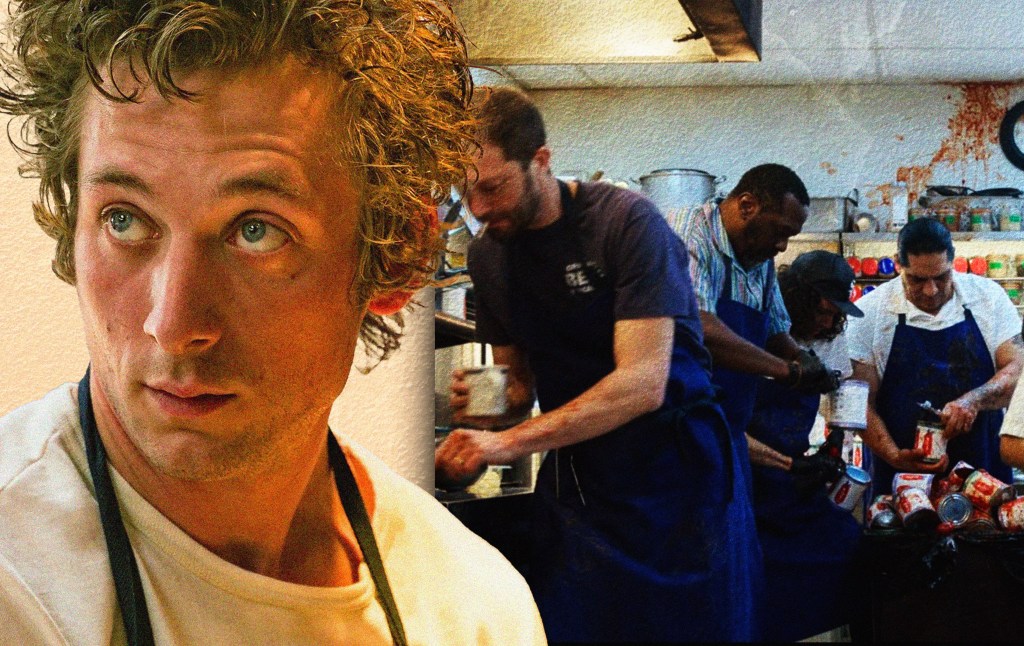
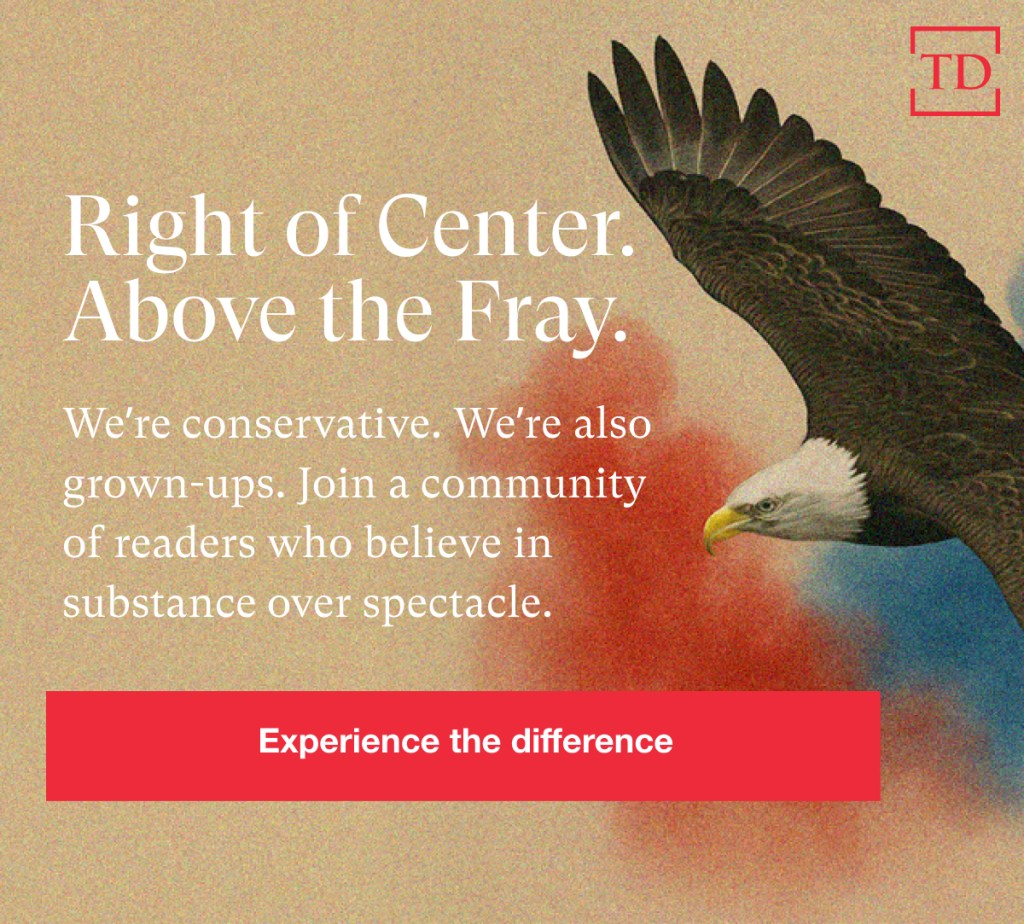

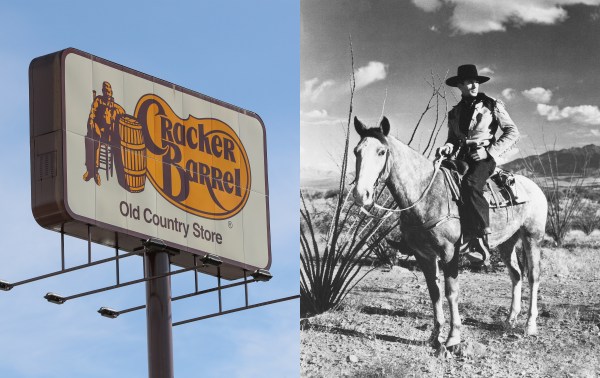
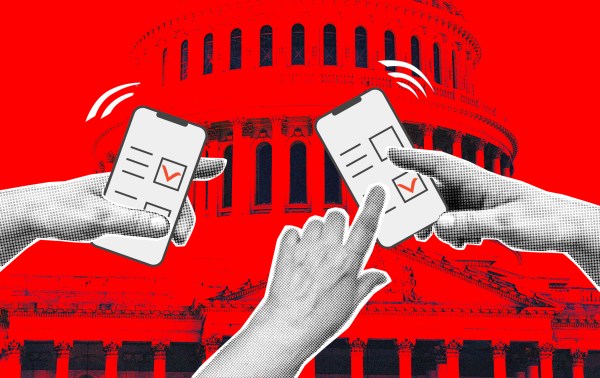
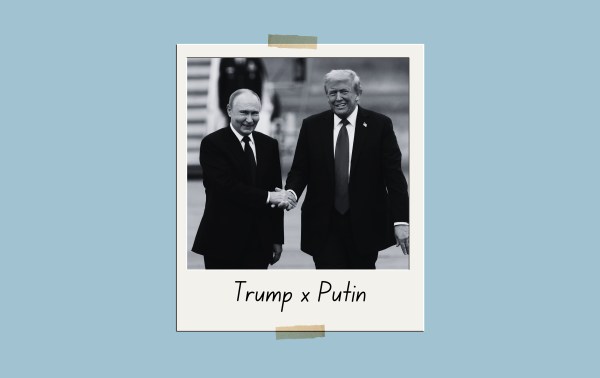
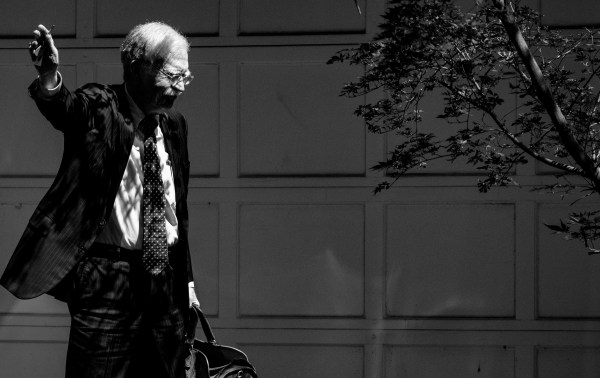
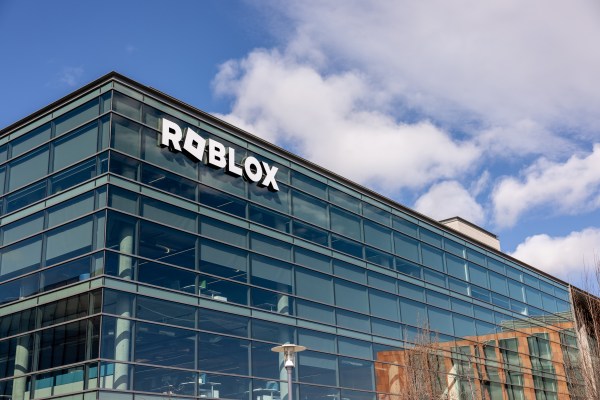


Please note that we at The Dispatch hold ourselves, our work, and our commenters to a higher standard than other places on the internet. We welcome comments that foster genuine debate or discussion—including comments critical of us or our work—but responses that include ad hominem attacks on fellow Dispatch members or are intended to stoke fear and anger may be moderated.
With your membership, you only have the ability to comment on The Morning Dispatch articles. Consider upgrading to join the conversation everywhere.